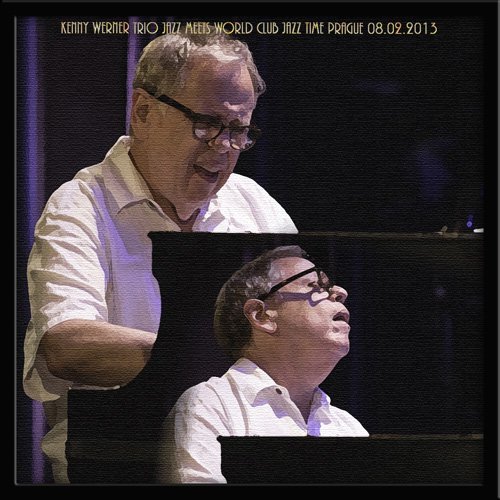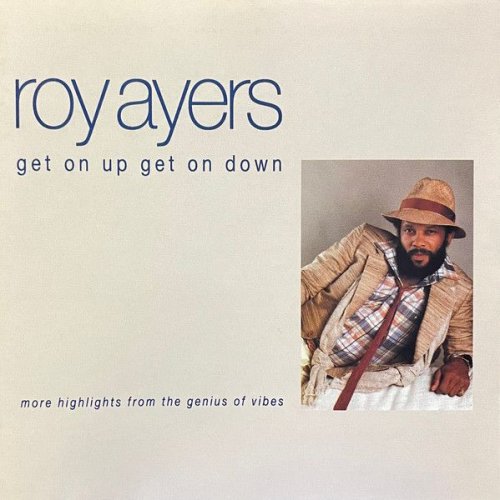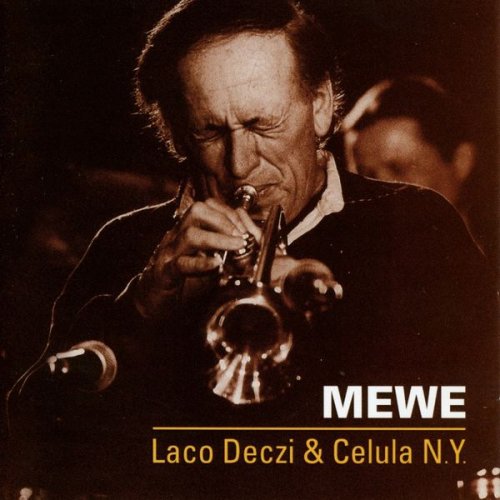Gottlieb Wallisch - Haydn: The London Sonatas (2014) [Hi-Res]
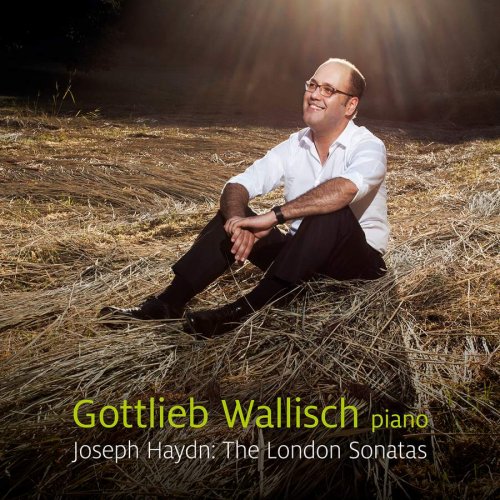
Artist: Gottlieb Wallisch
Title: Haydn: The London Sonatas
Year Of Release: 2014
Label: Linn Records
Genre: Classical
Quality: FLAC (tracks, booklet) [192kHz/24bit]
Total Time: 1:14:23
Total Size: 2.54 GB
WebSite: Album Preview
Tracklist:Title: Haydn: The London Sonatas
Year Of Release: 2014
Label: Linn Records
Genre: Classical
Quality: FLAC (tracks, booklet) [192kHz/24bit]
Total Time: 1:14:23
Total Size: 2.54 GB
WebSite: Album Preview
Sonata No. 60 in C major, Hob. 16/50
01 Allegro (8:25)
02 Adagio (5:11)
03 Allegro molto (2:34)
Sonata No. 61 in D major, Hob. 16/51
04 Andante (3:43)
05 Finale – Presto (1:58)
Sonata No. 62 in E flat major, Hob. 16/52
06 Allegro (8:15)
07 Adagio (5:50)
08 Finale – Presto (5:55)
09 Variations in F minor, "Un piccolo divertimento", Hob. 17/6 (13:44)
Sonata No. 59 in E flat major, Hob. 16/49
10 Allegro (7:18)
11 Adagio e cantabile (7:09)
12 Finale – Tempo di Minuet (4:21)
Austrian pianist Gottlieb Wallisch has recorded several albums of Mozart's keyboard music whose reception has covered a wide range of reactions. The situation will probably be similar with this recording of Haydn's so-called London sonatas, composed during his trips to London in the mid-1790s. (Actually the final work, the Piano Sonata No. 59 in E flat major, Hob. 16/49, was composed before his departure from Vienna but is similar in style and has certain other links to the later pieces.) These are big works that, astonishingly considering Haydn's age, look forward not only to Beethoven but beyond. The two-movement Piano Sonata No. 61 in D major, Hob. 16/51, has, usually, a quiet pastoral lyricism that brings Schubert to mind. It's not pastoral at all in Wallisch's reading, which is full of tense accents and large dynamic contrasts that would have been impossible on a piano of Haydn's time (he uses a modern Steinway). The larger, symphonic Piano Sonata No. 62 in E flat major, Hob. 16/52, seems a bit more idiomatic here, and the opening Piano Sonata No. 60 in C major, Hob. 16/59, already a humorous work full of brusque surprises, simply gets a few more of them in Wallisch's reading. It's easy to see why some listeners value Wallisch's playing: he's got an unusually accurate, ringing tone that is beautifully captured here by Linn's engineers. Equally, many listeners may feel that there's a basic elegance to Classical-period music that's missing here, and that Wallisch's interpretations sometimes go beyond what the basic syntax of the music can support. The magic of Internet sampling is especially welcome in these situations. ~ James Manheim



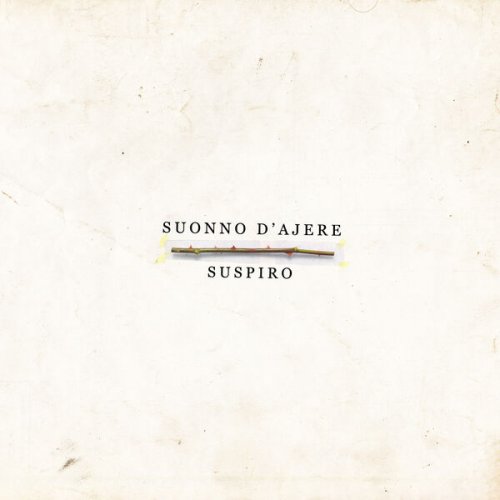
![The Mood Mosaic - Soul Allure (2026) [Hi-Res] The Mood Mosaic - Soul Allure (2026) [Hi-Res]](https://www.dibpic.com/uploads/posts/2026-01/1767930779_j8tt8dryg8d9a_600.jpg)

